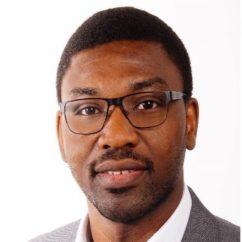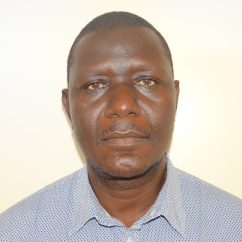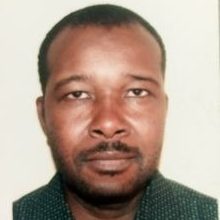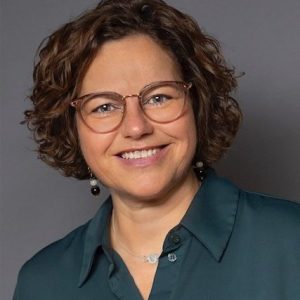DIGI-FACE is an online platform providing teaching, learning, research, and communication opportunities for the African Higher Education community.





Countries
Institutions
PhD Students
MA Students
Alumni
Master Programme
PhD Programme
Lecturers
Publications
Online Courses
Registered Users
The “African Excellence” programme was developed in 2008 to improve academic education qualitatively and quantitatively in a sustainable manner. On the one hand, the programme is designed to increase the quality of teaching and to widen the research environment of selected universities in sub-Saharan Africa, with the cooperative support of German universities. On the other hand, it was also designed to train students to develop ‘soft skills’ such as leadership, decision-making and managerial abilities, in addition to supporting their personal development. The main goal of this programme, therefore, is to educate Africa’s future decision-makers, leaders and experts – for the continent’s benefit. In order to meet these goals, the DAAD supports cooperation projects – with a budget from the German Federal Foreign Office – between German and African universities. Consequently, the partner universities in each project can flexibly use the different sponsorship instruments offered by the DAAD. For instance, they can put them toward training courses for teaching staff from African universities, courses for administrative personnel, scholarships for studying on-site, and even to facilitate mobility opportunities for students, teaching staff and project managers. These funds can also be invested in summer schools and conference participation. more
The DIGI-FACE programme provides our Centre of Excellence, CEGLA, with invaluable support for the digitalisation of university teaching.
Le programme DIGI-FACE apporte à notre Centre d’excellence le CEGLA, un appui inestimable pour la digitalisation des enseignements universitaires.

Coordinator - Manager CEGLA NIGER
Coordonnateur - Gestionnaire CEGLA NIGER
Digitisation of education is a top priority of Phase III of the CEMEREM Programme
La numérisation de l’enseignement est une priorité absolue de la Phase III du programme CEMEREM.

CEMEREM
The heart of our platform is our network of members coming from the African Centres of Excellence. This is the ideal space to connect with other members and to learn more about their areas of expertise as well as their achievements.
If you belong to an African Centre of Excellence get registered and become a part of our excellent community!

